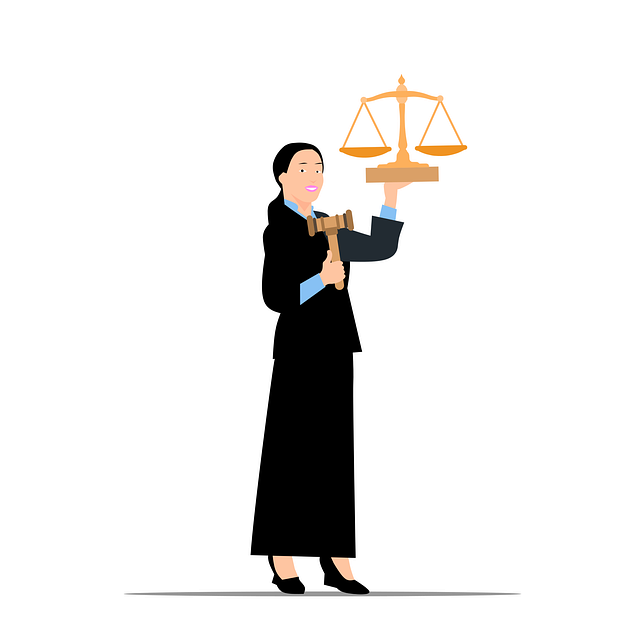Consumer protection laws in healthcare are essential for patient rights and ethical provider practices. Common disputes involve misinformation, privacy breaches, and financial misconduct. Specialized legal dispute assistance helps navigate these issues, protecting patients and maintaining provider accountability, fostering trust and quality care within a digital healthcare landscape.
In the complex landscape of healthcare, consumer protection suits are vital to ensuring patient rights and safety. Understanding the intricate web of consumer protection laws is essential for both healthcare providers and patients. This article delves into key aspects, including deciphering healthcare-specific legal frameworks, identifying common issues leading to provider-patient disputes, and exploring available resources for navigating these legal complexities, with a focus on offering crucial Healthcare Provider Legal Dispute Assistance.
- Understanding Consumer Protection Laws in Healthcare
- Common Issues Leading to Legal Disputes with Providers
- Navigating Legal Assistance for Provider-Patient Conflicts
Understanding Consumer Protection Laws in Healthcare

In the healthcare sector, consumer protection laws play a pivotal role in safeguarding patients’ rights and ensuring ethical practices among providers. These regulations are designed to prevent fraud, unfair business tactics, and any form of exploitation that may arise in the complex healthcare landscape. Healthcare provider legal dispute assistance is crucial for navigating these intricate matters, where misunderstandings or intentional misdeeds can lead to severe consequences. Consumer protection laws not only protect individuals but also foster trust within the philanthropic and political communities by promoting transparency and accountability.
Understanding these laws is essential for both patients and healthcare professionals. Patients must be aware of their rights and the protections available to them, enabling them to make informed decisions about their health. On the other hand, healthcare providers need to stay abreast of legal requirements to avoid indictment due to white-collar and economic crimes. By adhering to these regulations, providers can ensure they deliver quality care while upholding ethical standards, thereby contributing to a healthier society and maintaining the integrity of the healthcare system as a whole.
Common Issues Leading to Legal Disputes with Providers

In the realm of consumer protection, legal disputes often arise from a variety of common issues related to healthcare services. One significant area is misrepresented or inadequate information provided by healthcare providers. Patients have the right to expect clear and accurate explanations regarding their treatments, potential risks, and costs. When this trust is breached, it can lead to misunderstandings and subsequently, legal action. For instance, omitting crucial details about a procedure’s side effects or charging undisclosed fees can result in patients seeking healthcare provider legal dispute assistance.
Moreover, violations of privacy and security protocols are another prominent trigger for general criminal defense cases. Patients share sensitive medical information with healthcare providers, expecting it to remain confidential. Breaches in data protection, such as unauthorized sharing or loss of records, can expose both patients and providers to significant risks. These incidents not only impact individual lives but also raise concerns about the integrity of the respective business, particularly in an era where digital security is paramount. In extreme cases involving white collar and economic crimes, healthcare providers may face legal repercussions for fraud, embezzlement, or other financial misdeeds that negatively affect patients and their families.
Navigating Legal Assistance for Provider-Patient Conflicts

Navigating legal assistance for provider-patient conflicts is a complex task, especially when dealing with sensitive healthcare matters. In cases where patients believe they have been wronged by their healthcare providers, seeking legal dispute resolution is a crucial step. The process involves understanding the specific jurisdiction’s laws and regulations regarding medical malpractice and patient rights.
Many corporate and individual clients turn to specialized attorneys who can offer expertise in healthcare law. These legal professionals help patients achieve extraordinary results by thoroughly reviewing medical records, expert opinions, and applicable statutes. Their goal is to protect patient interests while ensuring that healthcare providers are held accountable for any negligence or misconduct. By carefully navigating these disputes, clients can avoid indictment and secure justice, ultimately fostering a safer and more trustworthy healthcare environment.
Consumer protection suits in healthcare are often complex, but understanding and navigating relevant laws is crucial. By recognizing common issues leading to legal disputes with providers, individuals can take proactive steps to protect their rights. If a provider-patient conflict arises, seeking legal assistance specialized in healthcare disputes is essential for ensuring fair resolutions. With the right guidance, patients can navigate these challenges, fostering a more accountable and transparent healthcare landscape.






